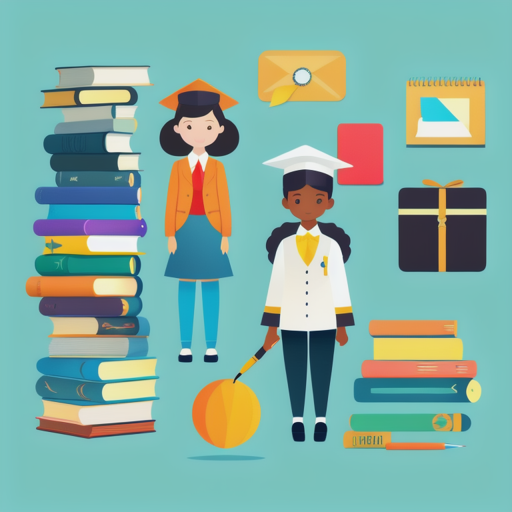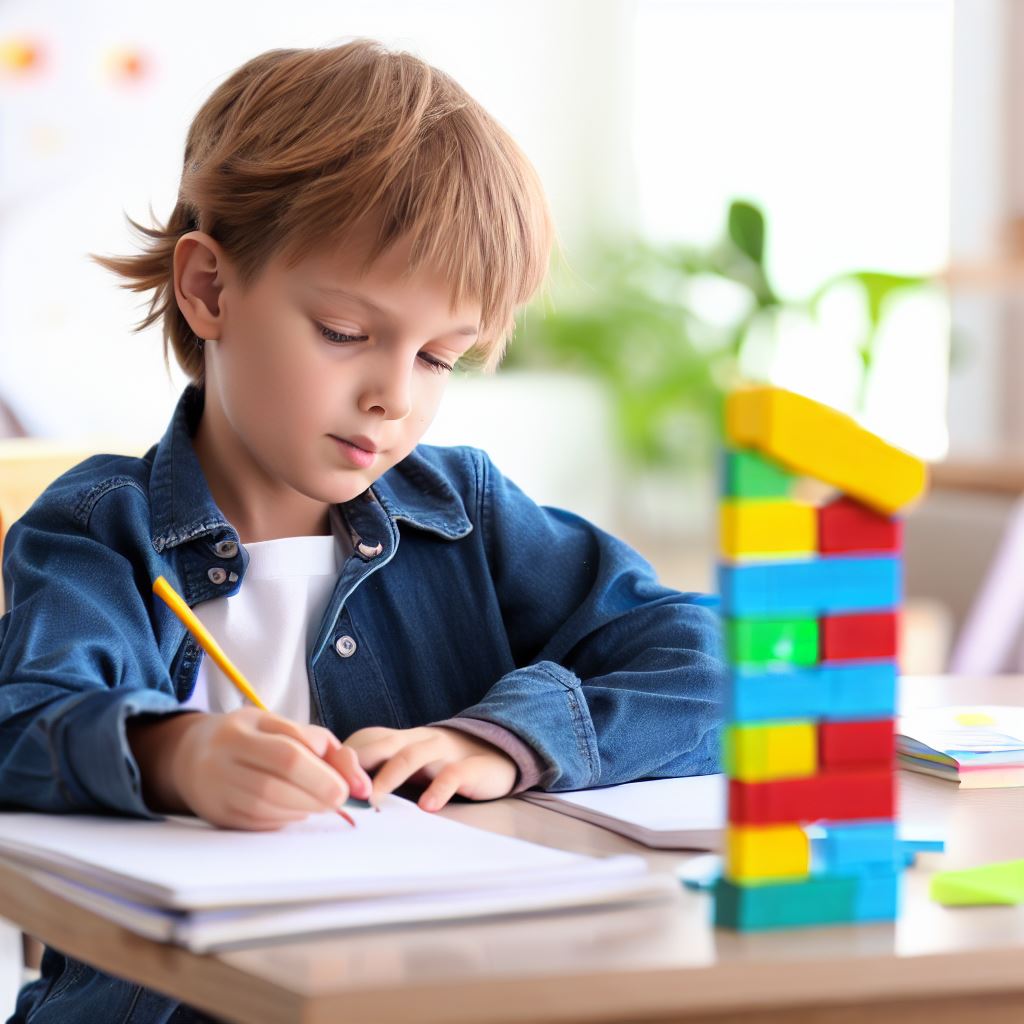
Understanding the importance of technology integration into learning environments acts as a key catalyst to generational advancement, pushing boundaries of traditional education systems. The transformation brought about by technological advancements in education is unrivaled. Revolutionary tools like Smartboards have overtaken the conventional teaching methods with an impactful presence, practically eliminating the relic of chalk and board methods. The advent of e-books further eased the learning process by providing a modern alternative to the cumbersome physical textbooks.
The key role that technology plays in the enhancement of education systems remains unbeaten, bringing about a paradigm shift in how knowledge is imparted and absorbed. By incorporating an assortment of audio-visual aids and online resources, technology magnifies the impact of lessons, making learning more engaging, motivating, and ultimately effective.
Embracing technology transforms the once passive learning context to a much more active learning environment. Interactive platforms accompanied by an array of electronic devices have effectively broadened the horizons of knowledge accessibility. Children now have the advantage of tapping into a wide array of subjects and disciplines, which were previously constrained by textbook limitations, thus enabling them to expand their spheres of learning beyond traditional classroom boundaries.
The innovative approach of integrating technology mark teaching and learning processes more flexible. Students now can learn at their own pace, a marked departure from rigid classroom scheduling. This flexibility allows personalized learning experiences enabling students to move through lessons and coursework according to their individual understanding levels.
Walking hand in hand with technology, the modern-day education system is crafting a generation that is prepared for the digital future. These steps ensure that the world witness a significant shift from sporadic learning to a more consistent commitment towards lifelong education. This is a direct result of the conscious investment in technological advancements, creating a generation digitally-equipped, flexible, versatile and committed to the concept of perpetual learning, extending beyond school years into professional life. Thus, the infusion of technology into learning environments is not just a trend, but a necessity for a comprehensive, multifaceted education. The arrival of such a digitally proficient generation will clearly mark the future of education.
Schools and educational institutions at all levels must continuously upgrade themselves to stay abreast with ever-evolving technology trends and ensure their students are well-equipped to adapt to this rapidly changing digital world, to prepare for a future that is only bound to become more interconnected.
Personalized Learning for Individual Growth
Taking a step forward in educational progression comes the rising influence of personalized learning catering to individual growth. This approach is bound to cause significant changes in pedagogy that we foresee in the times ahead. There’s a paradigm shift observed in the present scenario where the conventional rigid structure of education, which has long been a ‘one-size-fits-all’ type, is slowly transitioning to a more adaptive and learner-centric model.
This kind of model explicitly highlights and cherishes each child’s peculiar style and potential of learning. In this context, it is important to emphasize that each child is uniquely different and hence, generic teaching methods may not always yield effective results. This is the core philosophy behind personalized learning that encompasses adaptive learning systems and learning analytics tools within its scope.
These specialized systems and tools are intelligently designed to decipher a student’s strengths as well as areas where there is room for improvement. The great advantage of these tools and systems is their capacity to alter the speed and complexity of the tuition in a manner that ensures a child’s maximal growth. By tweaking the intensity of education to adapt to a student’s capacity for intake, these systems ensure individual growth is prioritized over generic milestones.

Teachers are now given the capability to form learning plans that cater to an individual’s needs. Manufacturing these individualized plans provides each learner the chance to comprehend, preserve, and utilize the imparted knowledge or concepts more effectively. In turn, this streamlines each child’s trajectory of absorbing and applying academic material. This provides a more in-depth and enriched learning experience that extends far beyond rote-based conventional methods.
Personalized learning is its faculty to encourage independence and self-directed learning. By encouraging students to take ownership of their learning path, this educational strategy cultivates skills necessary for successful adulthood. The student gains an understanding of self-paced learning, takes initiative, and learns to work independently. All these advantages make personalized learning for individual growth a favorable alternative to be integrated into future educational plans. It signals a promising direction in which our educational systems can evolve to meet individual learning needs more effectively. The potential impact stretches further to mold not only the future of education but the future of our society.
The Rise of Social and Emotional Learning (SEL)
The rising prominence of social and emotional learning (SEL) marks a noteworthy shift in educational approaches. This shift is a break away from the archaic norm where the educational focus was majorly on academic competence. Recent developments in the world of education have led educators to understand and accept that emotional intelligence holds equal importance to cognitive abilities for the comprehensive growth of an individual.
SEL is designed to nurture and develop certain key attributes such as empathy, self-awareness, interpersonal skills, and emotional management. It aims to provide students with a more holistic education, enabling better development of their personality, and preparing them for the complexities of life.
The introduction, and consequently the integration of SEL in our education system, holds remarkable potential for society. It promises individuals who are better balanced, and more equipped to handle life’s complexities. These individuals are likely to make informed decisions, manage their emotions effectively, and possess good interpersonal skills.
This acceptance of SEL’s significance by educational institutions is indicative of their aim to have their student population morph into responsible, caring, and active citizens. Such a change can be seen across various schools globally as they progressively work towards including SEL in their curriculum.
Taking into account these three breakthrough trends, it is evident that the world of education is poised for an overhaul, ushering in a system that is more equitable, comprehensive, and engaging. The ongoing development and the potential these trends offer will significantly impact education, providing children with better opportunities, and equipping them for success in a constantly evolving world.
The focus on technology, personalized learning, and social and emotional learning is not just about preparing students for the future, but it is about shaping that future. By integrating these concepts into modern education, there is the potential to not only reshape how students learn, but also how society functions. It paves the way for a generation that is not only technologically adept, but also socially responsible and emotionally resilient.
The rise of social and emotional learning (SEL) is a significant stepping stone in the ever-changing trends in education. The world of learning is expanding beyond traditional academics to include the development of the complete person, thus cultivating a more balanced society. By nurturing these crucial elements, the future generations are being set up for success in an ever-evolving global atmosphere. Whether it be using technology to enhance learning, personalizing the education approach based on individual learning styles, or focusing on emotional intelligence, the goal remains to provide an equitable and comprehensive education system.

